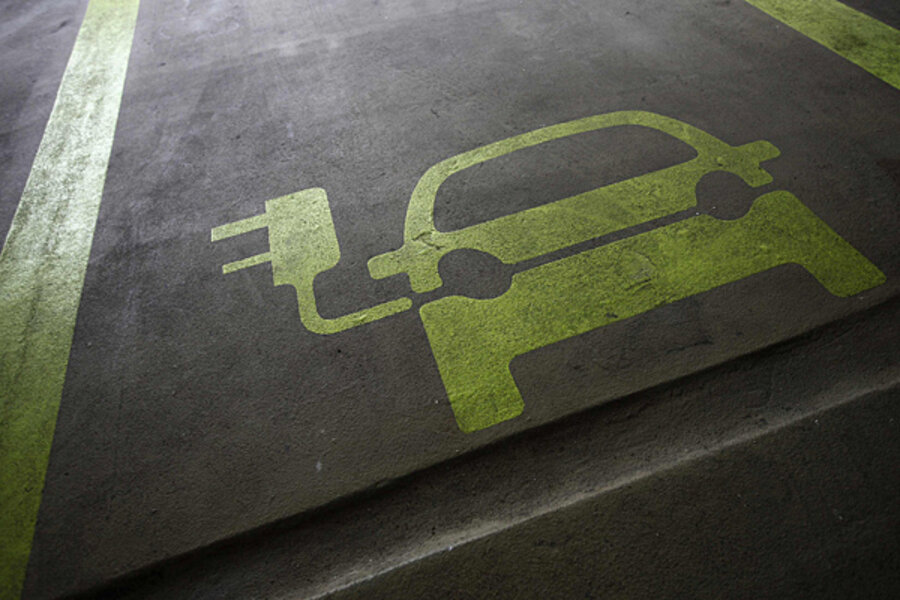With images of yellow haze covering Los Angeles and Beijing, continuing reports of global warming, and gas prices skyrocketing, some may wonder: what ever happened to the electric car?
Electric cars actually go back further than you might think. The first wave of electric cars gained popularity in the late 19th and early 20th centuries, where they were popular for being less noisy, smelly, and bumpy than their gasoline-powered counterparts, though slower in speed, as the New York Times reported in 1911. However, cheap gas and the rise of the internal combustion engine, pushed electric cars to the auto-wayside.
Then people realized that cheaper gas and the internal combustion engine produced something other than high-speed cars: air pollution. Due to this, in 1966 the United States passed the Electric Vehicle Development Act to provide money to universities researching electric car technology, and in the early 1990s the California Air Resources Board (CARB) began pushing toward a zero-emission vehicle future. During this time, car manufacturers from Toyota to BMW began releasing electric car models. So why aren’t we seeing electric cars on the road today?
The technology is still yet to be developed for widespread commercial appeal. Read: batteries are too heavy, too expensive, and require a lot of charge for a short-range of driving (one of the most popular models, the Nissan Leaf, can only go about 75 miles on a charge). Some say the technology is available, but has been restricted by auto manufacturers working with oil companies to keep cars guzzling gas. The 2006 documentary “Who Killed The Electric Car?” follows the rise and fall of the GM EV 1, and the mysterious circumstances that could point to oil companies pressuring car manufacturers to scrap the zero-emission technology.
However, things may be looking up for the electric car. Elon Musk, founder of rapidly growing electric car company Tesla Motors, believes half of all new cars will be electric by 2020, and this summer Nissan Leaf sales saw a huge boost when Nissan dropped the price below $20,000.
But is this just another optimistic wave? Or are electric cars here to stay? We’ll find out in 2020.








